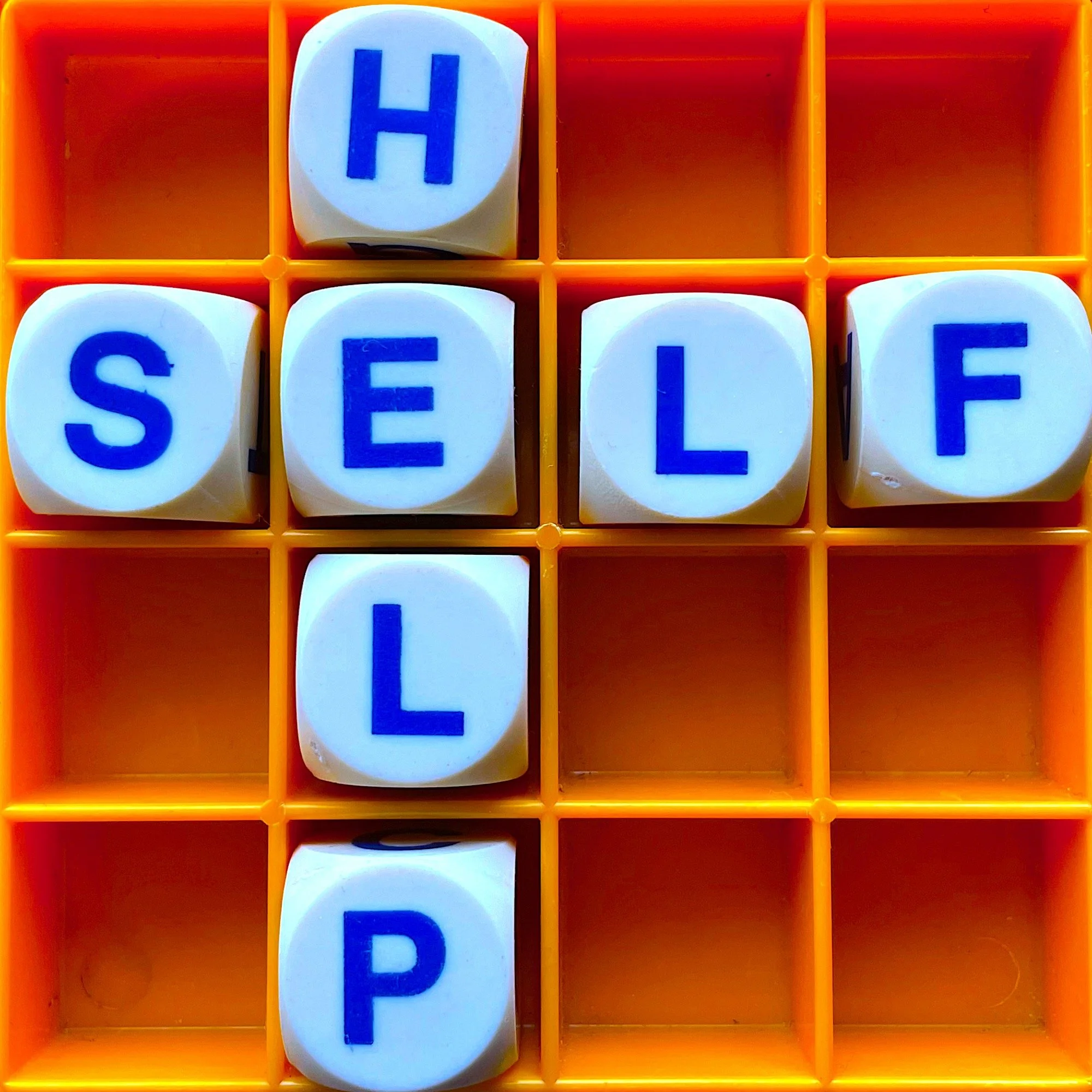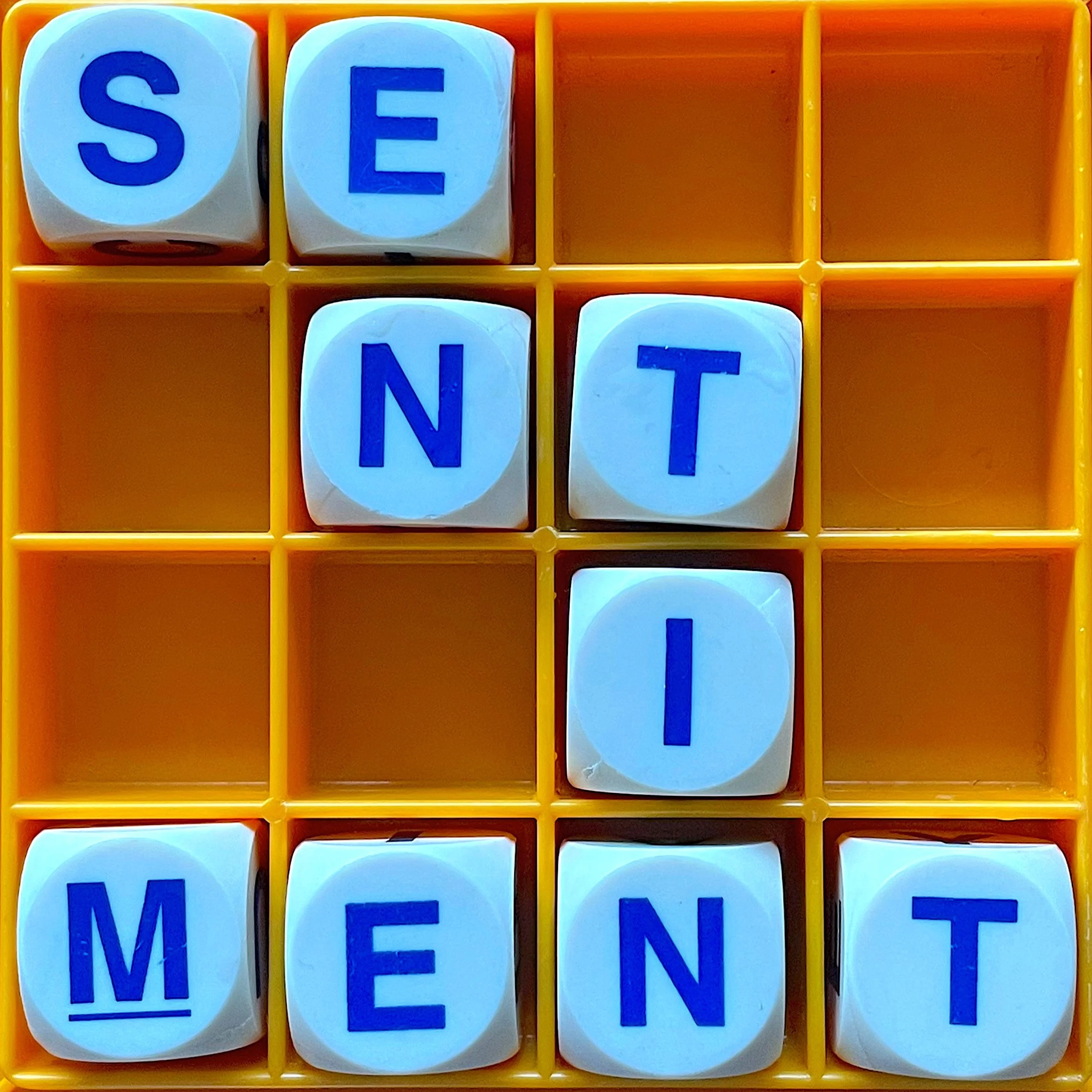JOLENTA GREENBERG: One of the main things a lot of these books like to do is remind you how bad you are at the beginning. Just like a pickup artist, there will be a chapter or two sort of negging you, or being like, “You know you're lazy about this.” A lot of books make you admit - some even make you write down all the areas like you're failing in or not putting 100% into, and so you literally will have a list sometimes of reasons why you suck. And then they're like, “And now I have the answers!” And it's like, “But you made me make up these problems in the first place.” So they like to dig you in a hole and then be like, “I can dig you out, too.”
Read moreAllusionist 161 Sentiment transcript
SANDHYA DIRKS: When we talk about empathy: the idea that you can get outside of yourself, that we can imagine someone else's experience is so audacious, because human beings are not that freaking imaginative. I mean, like a unicorn is just a horse with a horn! We did not go that far to get to our most magical creature. We just like grafted two things on top of each other.
Read moreAllusionist 114. Alarm Bells transcript
ROBIN WEBSTER: I am as guilty as any, having worked as a sort of techie professional in this for a long time of writing those sentences that go "By 2050, the trajectory of the curve will be movement this and carbon capture and storage," these paragraphs that just mean nothing to nobody. And they are about things which are far away in time, far away in place. We were using these words like ‘sustainability’ and ‘trajectory’ and ‘parts per million’. And I was like, what on earth is this language? It doesn't say anything.
HZ: ‘Parts per million’: that's the stuff to get people up and ready for action.
ROBIN WEBSTER: 450 parts per million, let's go!
Allusionist 96. Trust - transcript
RACHEL BOTSMAN: I always know when a word is having its moment in the sun when big conferences, it becomes the theme at the conference, or I get slightly nervous when you start to see it as the tag line in really big commercial brands because it's a word that's starting to become co-opted and commercialised, because people go, "Oh, it's resonating with a lot of people.” It's not a brand. Trust isn't a brand that you should use. It's a social glue that when it breaks down, it has really huge consequences to our lives. When terms become so broad that they lose their meaning, they become completely diluted. And this is actually my fear around trust right now, is that it's become the word of the moment that is being used in so many different contexts that are we actually diluting something? One of the most important words we have in the human language, that is so fundamental to our relationships, that are we taking the meaning and importance out of it by its overuse?
Read more



